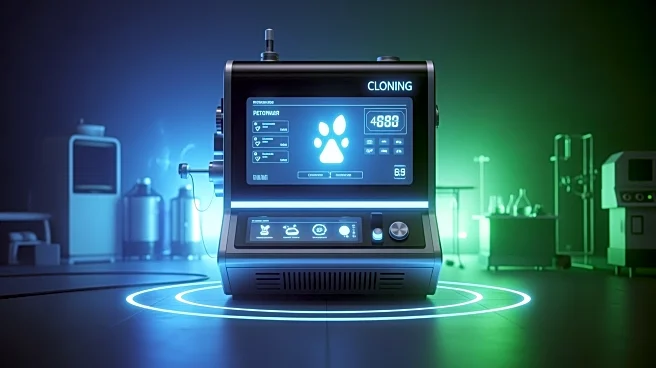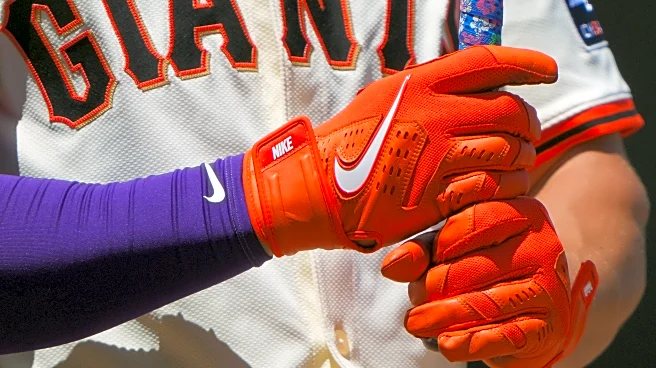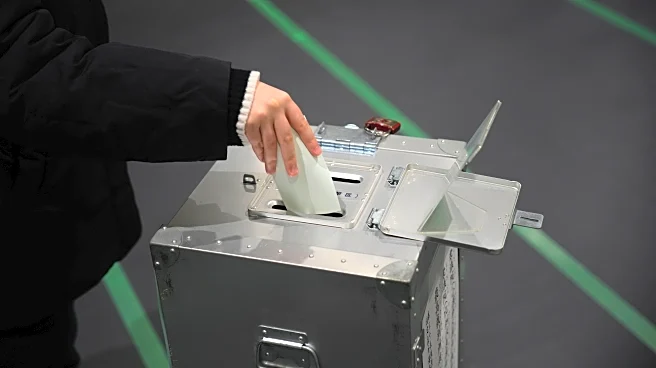What's Happening?
Tom Brady has revealed that his new pet dog is a clone of his previous dog that passed away in 2023. The cloning was facilitated by Colossal Biosciences, a company in which Brady is an investor. Using a blood sample from the deceased dog, the company successfully
replicated the pit bull mix. This development showcases advancements in biotechnology and raises questions about the ethical implications of pet cloning.
Why It's Important?
The cloning of Tom Brady's dog underscores the growing capabilities of biotechnology companies in animal cloning. This could have significant implications for pet owners seeking to preserve their pets' genetic lineage. However, it also raises ethical concerns about the practice of cloning animals, including issues of biodiversity and the welfare of cloned animals. The involvement of a high-profile figure like Brady brings attention to these debates and could influence public opinion and regulatory discussions.
Beyond the Headlines
The cloning of pets like Brady's dog may lead to broader discussions about the ethical boundaries of biotechnology. It could prompt regulatory bodies to consider new guidelines for cloning practices, balancing innovation with ethical considerations. Additionally, the case may inspire further research into the long-term health and welfare of cloned animals, potentially influencing future scientific and ethical standards in the field.
















